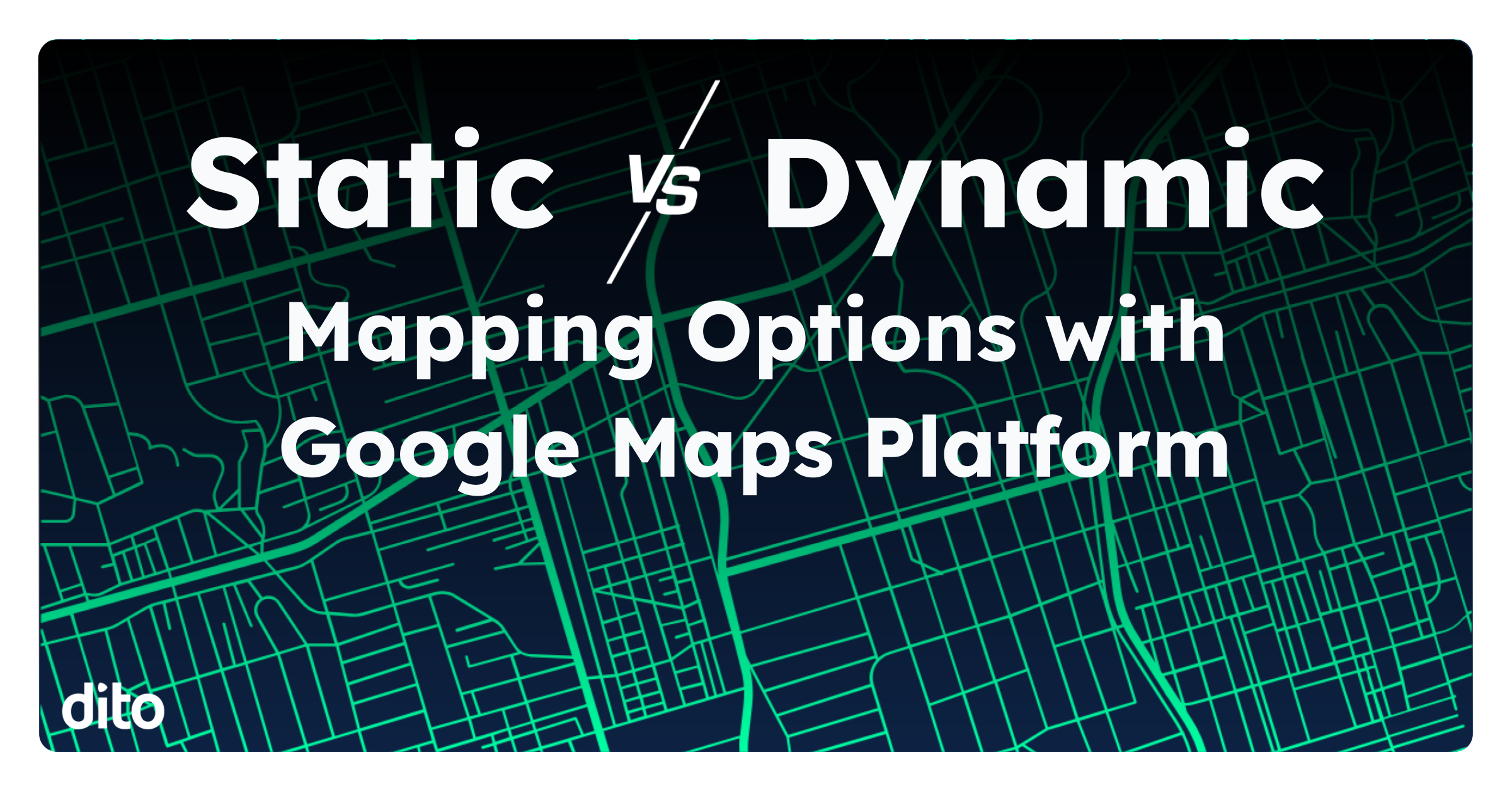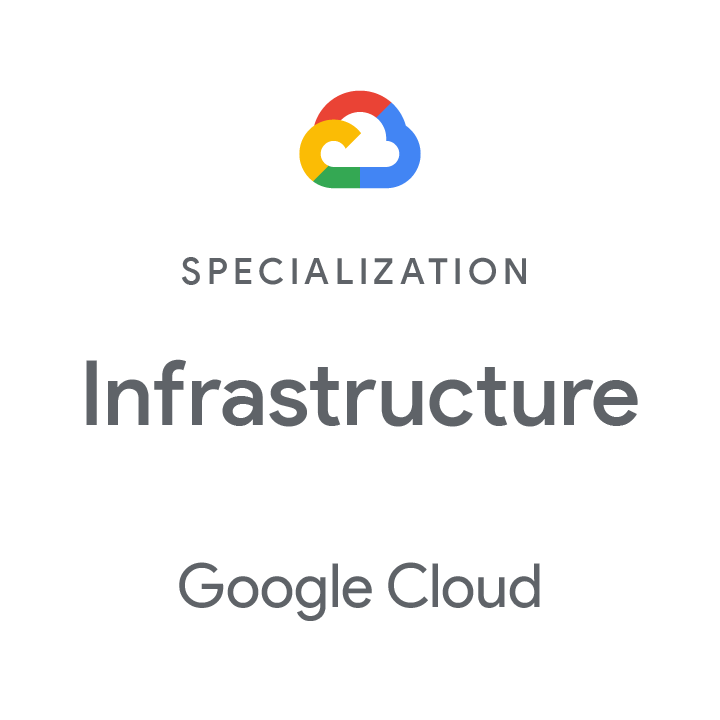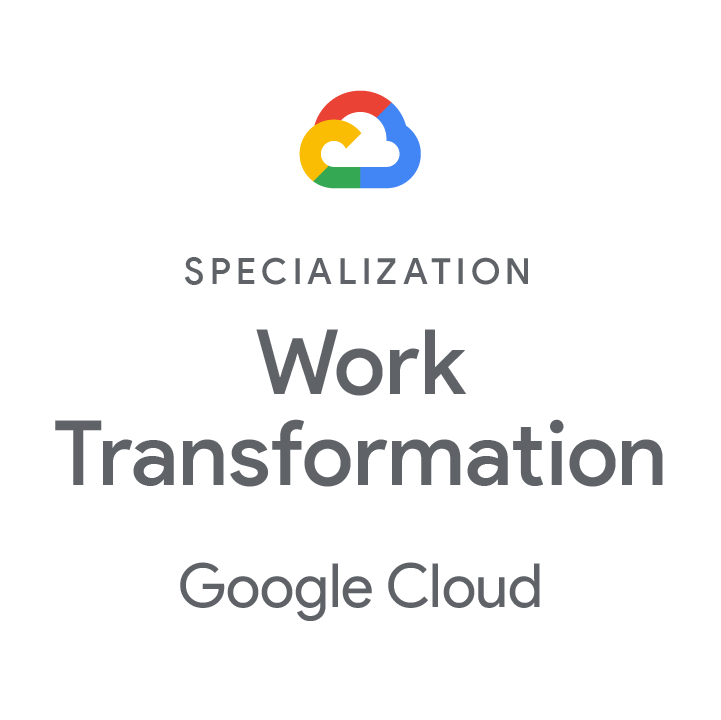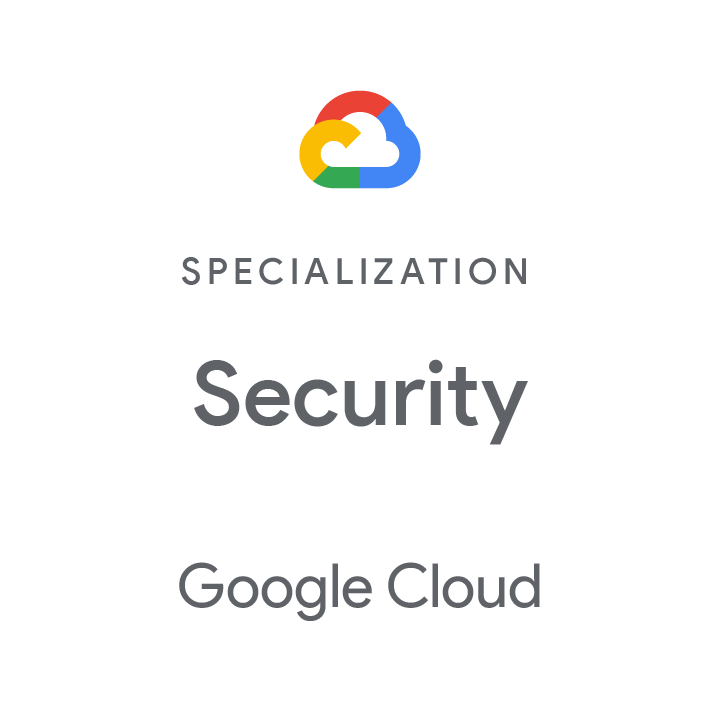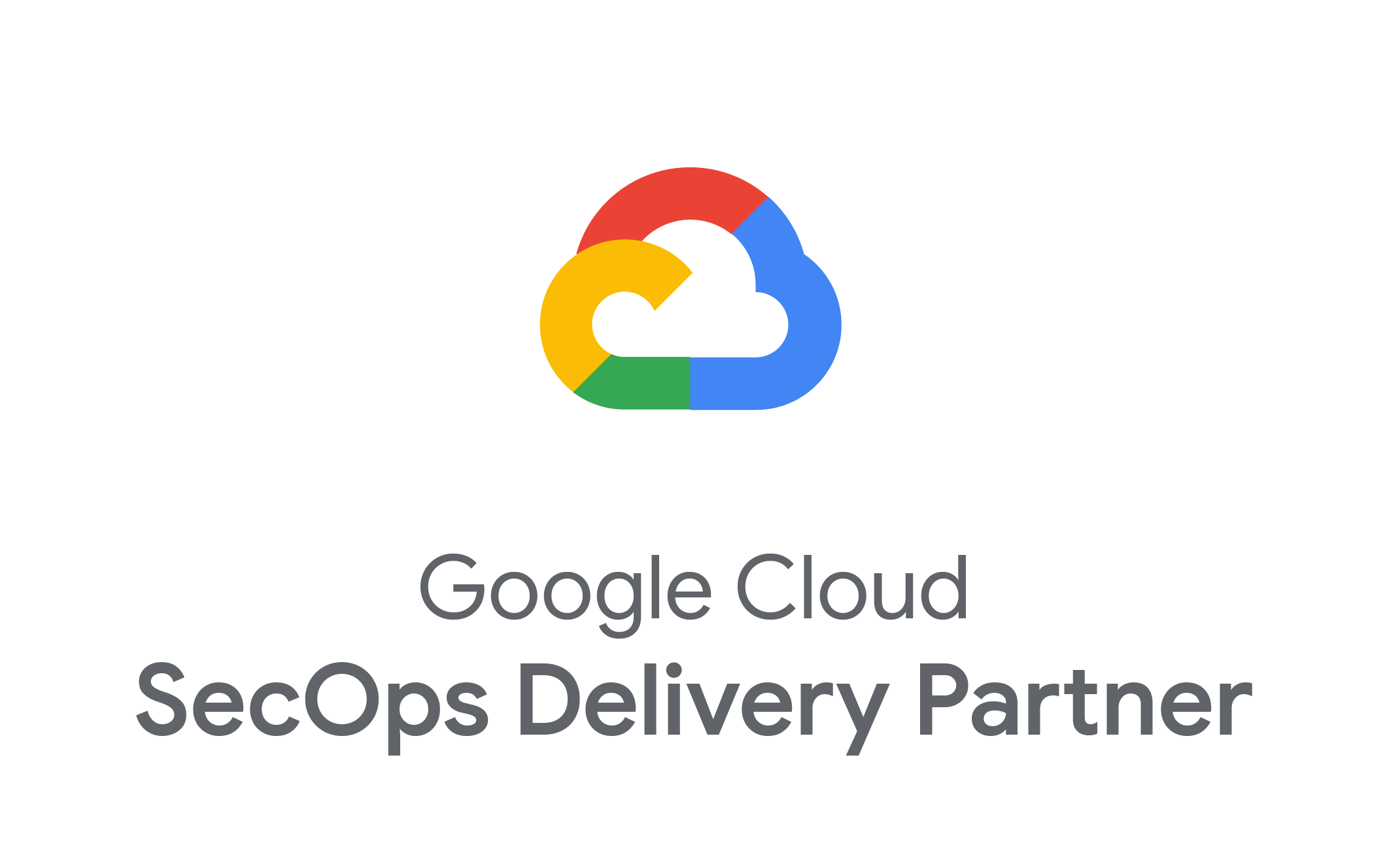Digital technologies haven’t just fueled the rise of e-commerce opportunities in recent years, they’ve fundamentally changed the way retail organizations operate. In light of these changes, the lines between traditional shopping and e-commerce are starting to blur, with shoppers hopping between channels as they see fit and brands scrambling to meet user needs in the most efficient way possible.
From orders made online being available to pick up in-store to mobile solutions that let users tag items in a shop to geofencing and intelligent store interfaces focused on personalization, the options are plentiful.
Retailers are already adapting to the opportunities presented by the market. A study from Forrester Research and the National Retail Federation found that 21 percent of retailers with brick-and-mortar stores are making the ability to buy items online and pick up in a store a priority. Another 15 percent are emphasizing personalization.
Perhaps most notably, 43 percent of retailers with physical stores plan to increase their location footprint, often in large part so they have more places they can ship goods from. Online purchases are disrupting traditional retail and e-commerce is blending into much of what merchants do on a day-to-day basis.
In response, retailers increasingly need to transform their capabilities around what modern digital technologies have to offer. Cloud services are essential in helping retailers adapt. Embracing digital solutions requires anytime, anywhere access to data and applications. That isn’t going to be possible with traditional IT setups.
In many ways, retailers are well positioned for this transition as many organizations aren’t overly limited by existing legacy systems, particularly in stores. On the other hand, retailers can face a stiff learning curve as they work to make data-driven operations the new normal.
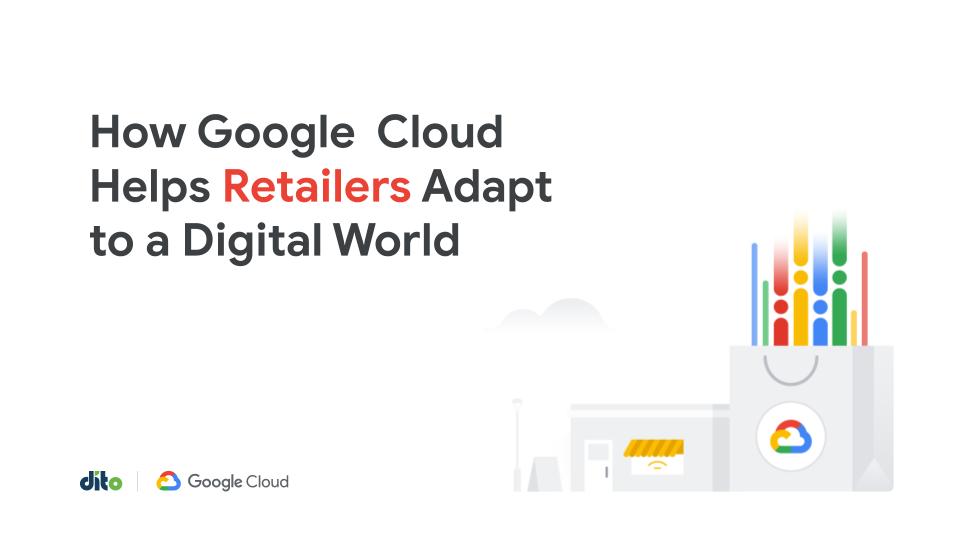
The Google Cloud Platform offers services specifically aimed at the challenges retailers are facing today. Three of the most prominent solutions available are:
Regulatory and Security Systems
The Google Cloud is designed and managed in line with major regulatory standards and backed by extremely robust security architectures that go well beyond what most retailers can manage on their own. The Google Cloud is certified for compliance with the Payment Card Industry Data Security Standards as well as global regulations such as ISO 27001, 27017 and 27018.
Personalization
The Google Cloud offers machine learning and artificial intelligence capabilities built into the services available. As such, you can employ both pre-trained machines and customizable profiles to employ conversational commerce, improve product recommendations and use visual learning to get a clearer idea of what customers care about. This then extends into stronger personalization as you are left with more data to work with in figuring out customer behavior patterns.
Scalable Digital Services
Infrastructure availability represents a major challenge for retailers exploring omnichannel opportunities. As shoppers flip between web, social, mobile and in-store options, they need access to accurate data at all times. Websites must load quickly, information must integrate between apps and services with ease and everything needs to hold together even when usage spikes during a sale. The Google Cloud is designed with scalability in mind, providing visibility into resource use so you can cost-efficiently manage everyday services without sacrificing the ability to scale up when demand increases.
Navigating the Path to the Cloud
Retailers face a great deal of change on the horizon. It’s vital that technology investments aren’t made in isolation, but are part of a digital roadmap. Dito can help your business develop such a strategy, consulting with you on what technologies align most closely with your needs and assisting you throughout the migration to the cloud. Save
Perhaps most notably, 43 percent of retailers with physical stores plan to increase their location footprint, often in large part so they have more places they can ship goods from. Online purchases are disrupting traditional retail and e-commerce is blending into much of what merchants do on a day-to-day basis.
In response, retailers increasingly need to transform their capabilities around what modern digital technologies have to offer. Cloud services are essential in helping retailers adapt. Embracing digital solutions requires anytime, anywhere access to data and applications. That isn’t going to be possible with traditional IT setups.
In many ways, retailers are well positioned for this transition as many organizations aren’t overly limited by existing legacy systems, particularly in stores. On the other hand, retailers can face a stiff learning curve as they work to make data-driven operations the new normal.
By partnering with Dito, our customers receive a continuity of care with support technicians who value fostering a relationship. Premium support with Dito is available with an annual subscription for customers who have business needs that require extended support. You can see more of our cloud services & support offerings here.
If you aren’t on a Workspace Enterprise plan, reach out to our team today.


